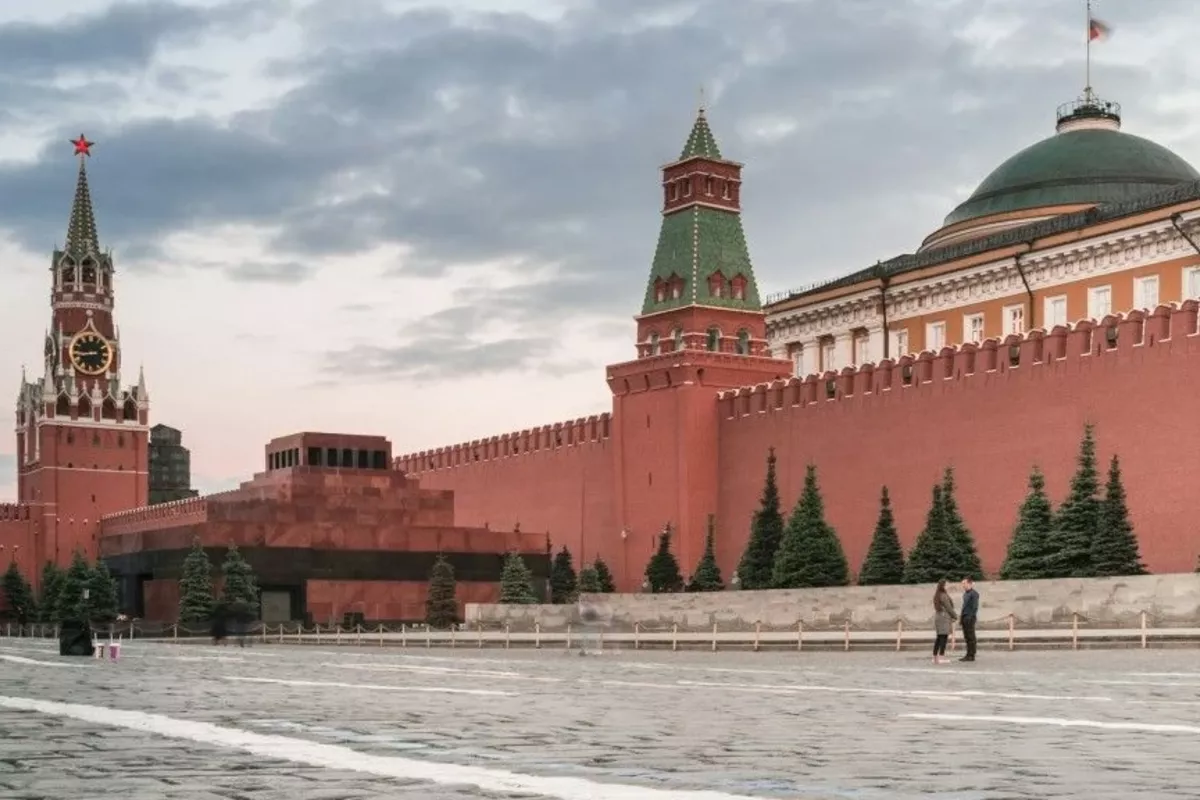
Russia has been identified as the primary source of disinformation about energy and climate issues on the Polish internet. This is unsurprising, given Moscow's interest in maintaining its fossil fuel exports, which makes it crucial for the country to delay the global energy transition by any means necessary, The Caspian Post reports citing foreign media.
Since the beginning of the war in Ukraine, Russia has been intensifying its disinformation activities throughout the European Union (EU), and in Poland in particular. Between May 2022 and May 2024, Russia was the main source of communication in online discussions about green energy on social media and news sites, according to a report by the Disinformation Team (pp. 69-72) of the Commission for the Study of Russian and Belarusian Influence on the Internal Security and Interests of the Republic of Poland in 2004-2024. One of the main methods of climate disinformation used by Russia is… engaging politicians as climate experts instead of real experts. Sounds familiar?
Why does Russia spread disinformation?
According to estimates and analyses of disclosed Russian documents, in the first quarter of 2024 alone, Russian propaganda produced approximately 34 million posts on social media,” said Hubert Różyk. Director of the Department of Communication and Education at the Ministry of Climate and Environment, during a debate organized by the Polish Press Agency. He pointed out that between 2022 and 2024, Russian propaganda was responsible for most of the posts on energy and climate in the Polish public debate.
He added that the strategies of Russian trolls are changing, but Russia’s strategic goal remains the same: „to destabilize Western countries, to undermine the foundations of democracy and trust in science, i.e., the foundations on which today’s European society is built.” By diverting attention and resources away from climate change mitigation efforts, Russia wants to „weaken NATO’s military infrastructure and reduce its operational effectiveness. Unchecked climate change directly affects the strategic environment, defense installations, resources, and planned operations,” according to the Disinformation Team’s report. It is also worth noting that Russia’s economy is based on the production and export of fossil fuels, so the energy transition taking place in the West is definitely not in its interest.
Media monitoring conducted by researchers between 15th of October, 2021, and 15th of February, 2022, showed that the main methods of disinformation used by Russia were:
„Russia influences the Polish infosphere in various ways, including through people who have their own channels on YouTube and Instagram. Russian disinformation actors have several thousand followers, because smaller channels are not within the reach of the services and are difficult to check,” commented PhD Katarzyna Bąkowicz on the subject of Russian disinformation on the Polish internet during a debate on the subject organized by PAP.
„Russia really dislikes the fact that the energy sector is moving towards ecology. The message created and distributed by the Russian Federation is: the EU is evil, it wants to destroy you, it wants to cause price increases. Be against the EU, against NATO” - says Bąkowicz.
As established by the Commission, Sputnik and RT (Russia Today) television are spreading disinformation on a massive scale in Poland in the area of climate. As for Polish broadcasters, during the monitoring period (from 15th of October, 2021, to 15th of February, 2022) the largest amount of material containing manipulated or false information or tools used for disinformation, intended, for example, to provoke negative emotions in recipients about climate protection and climate policy, appeared on the websites wPolityce.pl, DoRzeczy.pl, and on the TVP Info news channel.
The publication pointed out that Moscow’s activities include not only undermining green policies and promoting conspiracy theories, but also attacking climate activists. Combining fake news with cyberattacks, which Russian services are increasingly engaging in, is particularly dangerous.
Share on social media